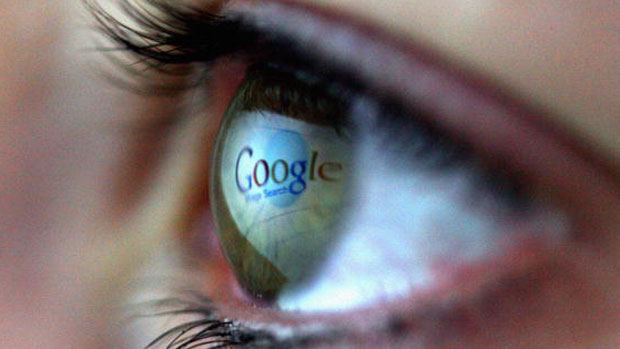Reset the Net: Google joins anti-surveillance campaign
A year after Edward Snowden's revelations, can Reset the Net help to restore online privacy?

A free daily email with the biggest news stories of the day – and the best features from TheWeek.com
You are now subscribed
Your newsletter sign-up was successful
Google has thrown its weight behind the Reset the Net campaign by giving Gmail users simple tools that will enable them to encrypt their emails.
The company has released code for a Chrome extension that will allow end-to-end encryption – a form of protection designed to let people send and receive emails that cannot be read even if they are intercepted. The timing of the code release coincides with a campaign by some of the world's biggest websites to prevent online surveillance.
Email cannot be kept secure unless both email accounts involved in the exchange of messages use some kind of encryption.
The Week
Escape your echo chamber. Get the facts behind the news, plus analysis from multiple perspectives.

Sign up for The Week's Free Newsletters
From our morning news briefing to a weekly Good News Newsletter, get the best of The Week delivered directly to your inbox.
From our morning news briefing to a weekly Good News Newsletter, get the best of The Week delivered directly to your inbox.
Google explains: "When you mail a letter to your friend, you hope she'll be the only person who reads it … That's why we send important messages in sealed envelopes, rather than on postcards. Email works in a similar way. Emails that are encrypted as they're routed from sender to receiver are like sealed envelopes, and less vulnerable to snooping — whether by bad actors or through government surveillance — than postcards."
What is Reset the Net?A number of the world's largest websites took part in coordinated action yesterday in opposition to mass internet surveillance, The Guardian reports.
Sites taking part include the social networking and news site Reddit, image hosting service Imgur and online publisher BoingBoing. Google's contribution, which encourages a greater culture of online privacy and security, comes as an important addition to the campaign.
Who is behind the campaign?Reset the Net is being led by Reddit, Imgur, the American Civil Liberties Union, the Electronic Frontier Foundation and Amnesty International.
A free daily email with the biggest news stories of the day – and the best features from TheWeek.com
The campaign comes a year after Edward Snowden first made his surveillance disclosures, and is being coordinated by an organisation called Fight for the Future, whose co-founder Tiffiniy Cheng said: "Now that we know how mass surveillance works, we know how to stop it. That's why people all over the world are going to work together to use encryption everywhere and make it too hard for any government to conduct mass surveillance.
What does Reset the Net hope to achieve?The aim is to limit the ability for the NSA and other local or foreign government agencies to conduct mass surveillance online, Digital Trends reports.
"The NSA is exploiting weak links in internet security to spy on the entire world, twisting the internet we love into something it was never meant to be: a panopticon," the campaign's website reads. "We can't stop targeted attacks, but we can stop mass surveillance, by building proven security into the everyday internet."
The campaign will encourage users to install privacy and encryption tools to protect themselves from surveillance. Some of the sites involved in the campaign have also pledged to heighten user privacy, the Guardian notes, by enabling standards such as HTTPS, which can help prevent hackers from monitoring users' online conversations.
Reddit's general manager Erik Martin said: "We can take back control of our personal and private data one website, one device, one internet user at a time. We're proud to stand up for our users' rights and help Reset the Net."